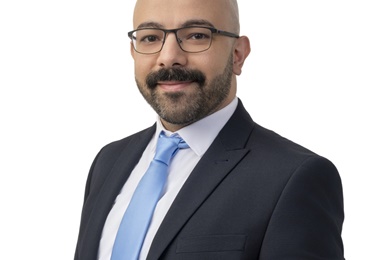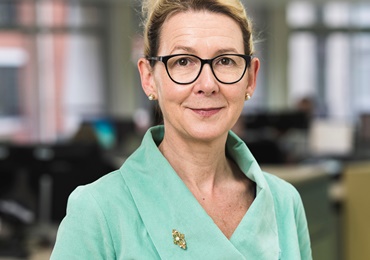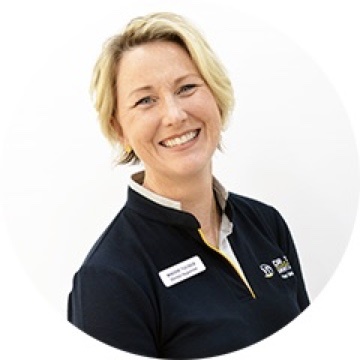Building knowledge and relationships through CPD sessions in Scotland
For the last few months, I have been involved with colleagues in delivering a series of online training sessions for different groups of dental professionals in Scotland. The model that’s been developed has been well received; indeed, every group that has so far participated has asked for further sessions on different topics.
So, why have we done this and what lessons have we learned?
Explaining the approach to low level concerns
The idea arose from one of my regular discussions with Paul Cushley, Director of Dentistry at NHS National Services Scotland. Paul and I were keen to promote the low-level concerns agreement that was launched in Scotland at the beginning of 2021 by Chief Dental Officer Tom Ferris.
Paul suggested that the sessions should be CPD-verifiable, and he offered to certify and evaluate the programme, including working with me to identify learning objectives. Conducting the sessions online via Microsoft Teams was the only realistic option because of pandemic restrictions.
In terms of content, we explained the purpose and operation of low level concerns referrals; I also talked about how we’re implementing our corporate strategy - Right time, right place, right touch.
Delivering each session
At the start of each presentation, I recognised the enormous impact that the pandemic has had on dentistry and highlighted that, as the regulator, we have two guiding principles during this period: to minimise the regulatory burden on professionals wherever possible, and to maximise the flexibility for dental professionals to respond to the challenges of COVID-19.
The initial round of sessions were co-delivered by me and Dr Toby Ganley, GDC’s Head of Right Touch Regulation. We presented to directors of dentistry across Scotland’s health boards, dental practice advisors throughout Scotland, NHS NSS dental advisors and reference service, and Grampian and Highland Local Dental Committees.
We were delighted with the response. The most repeated comment was to the effect that people welcomed the opportunity to meet and discuss issues with the regulator and that we need to do more of this. Personal contact helps to put a face to the work of the GDC which can only be a good thing.
I’ve since worked with my colleague, Manjula Das, Head of Education, to deliver a session that focussed on quality assurance of dental education during the pandemic, and with Osama Ammar, Head of Public Policy, on the theme of regulatory reform.
Five things I've learnt from delivering the sessions
In summary, the five key lessons I’ve learnt are:
- There is an audience that welcomes the opportunity to hear from the GDC on topical issues. Low level concerns is a good example because it was introduced this year.
- The fact that the sessions were CPD verified, in this instance by NHS NSS, was a selling point for some attendees.
- An early evening start (6pm/6.30pm) suits a lot of dental professionals because it is less likely to interfere with the working day; and sticking strictly to 1 hour in length means people can enjoy the rest of their evening and are more likely to come back for more.
- Ideally, have co-presenters covering two issues to help sustain pace and variety, and always include time for participation or Q&A.
- Online via MS Teams means that people can attend from across the country without the hassle and cost of travel.
I am currently organising with colleagues a couple of further Scottish sessions to explore the theme of professionalism, and, later in the year, expect to focus on the review of scope of practise, and issues around equality, discrimination, and inclusion within dentistry.
Any suggestions for future sessions or insights from your experience of organising similar initiatives will be most welcome so please do get in touch.
 eGDC
eGDC

















